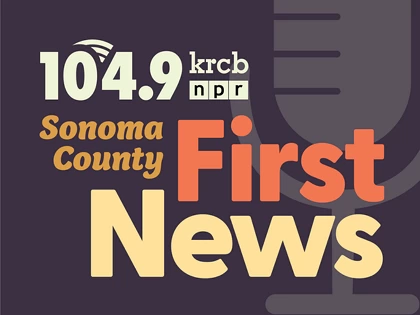 Cannabis
Cannabisphoto credit:
County elected leaders again shifted gears on the contentious issue of cannabis Tuesday, opting to keep in place a taxation system some growers say is squeezing them out, while adjusting tax rates.
Broader changes are likely in the future as work on an environmental assessment proceeds.
Vince Scholten, owner of Nor-Cal Growers in Sebastopol and president of the Hessel Grange, called on the county to tax actual harvests, not potential yields based a grow site's size.
"I would hope that you would treat this more like agricultural products---we don't do this to wine grapes, we don't do this to food crops, why would you do this to cultivators that have bent over backwards to be able to grow in this county."
Growers sought a rate of 1.3 percent, supervisors set the rate at 2.5 percent.
Central to the dispute, taxes and fees enacted several years ago were supposed to pay for enforcement, licensing and inspections. But wholesale and retail cannabis prices have plummeted. Not only is that squeezing growers, or providing the promised additional revenue to the county general fund, it's not even covering the costs of inspections and review.
Supervisor Lynda Hopkins suggested the county scrap the entire regime and just charge for services when delivered.
"If we're going to be operating a program at a deficit and if we're going to have to charge more taxes to operators who are already struggling, just to be able to collect those taxes, it doesn't necessarily make sense to have this, and I would rather just have them actually cover the cost of what it takes to inspect, to code enforce and to permit, because that's how we act with other forms of agriculture."
Supervisor David Rabbitt though, said the county is using square footage because it can, something prohibited for other commodities. He said the county is being unfairly blamed for problems that emerged only after cannabis prices began slumping.
"There's a lot of revisionist history going on. We were told, 'this is going to be the cash cow for the county.' The rates were set, with the industry side by side. At that point in time it was, God knows what it was per hundreds of dollars per pound and of course, it's not anymore, I get it. The whole industry crashed. I totally get it."
The measure passed 4-1 with Rabbitt opposed. The rules and tax rates will likely see significant changes should the county complete its environmental impact report and prepare a new ordinance.

 Live Radio
Live Radio




